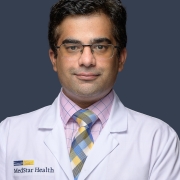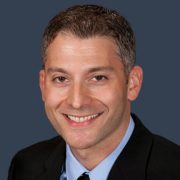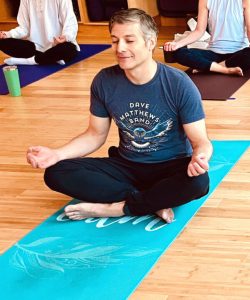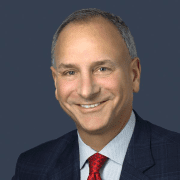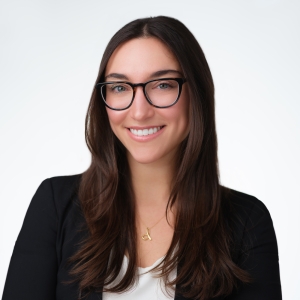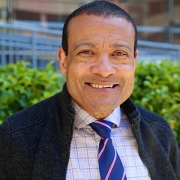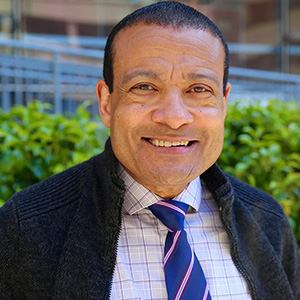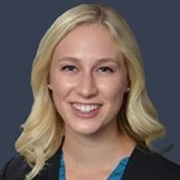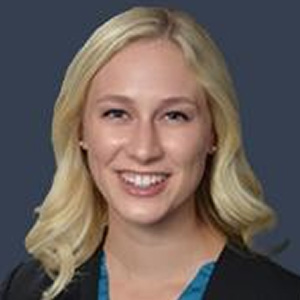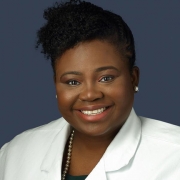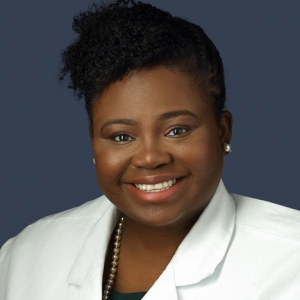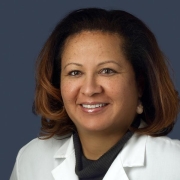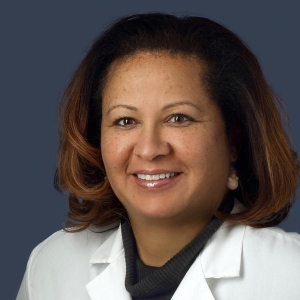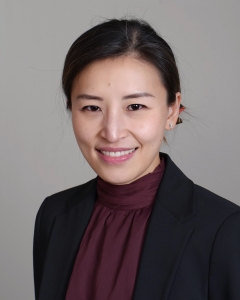People Profiles: Dr. Tanmay Singh
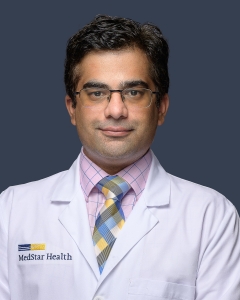
Tanmay Singh, MBBS (PGY-2, Internal Medicine)
“I have enjoyed my journey tremendously so far,” said Tanmay Singh, MBBS (PGY-2, Internal Medicine), when asked about his career in medicine.
Dr. Singh is an accomplished Internal Medicine resident at MedStar Health, and a representative on the Graduate Medical Education Committee (GMEC). But his journey in medicine started more than 7,500 miles away.
Dr. Singh grew up and attended medical school in Agra, India, home to the Taj Mahal, one of the Seven Wonders of the World. That’s also where he completed his first residency in Radiation Oncology. He decided to study medicine after watching physicians in his own family treat patients.
“I developed a very strong interest in health and causes of ill health, and trying to figure out the pathophysiology behind this was really intellectually rewarding,” Dr. Singh said.
Dr. Singh enjoys the puzzle presented by Internal Medicine, since no two patients are alike – even those who may share a diagnosis. “Delivering personalized care is the most enjoyable part of medicine for me. It’s a very dynamic process. There’s never a dull moment,” he said.
He also finds the environment at MedStar Health to be very conducive to learning. “The Attending Physicians are very intent on teaching and passing on their knowledge to the next generation. I think that kind of atmosphere is very incredible.”
Having already completed a residency, Dr. Singh knows how difficult it can be and one reason he chose MedStar Health is because of its dedicated focus on robust mental wellness.
“Residency comes with its own challenges, and I think feeling overwhelmed is pretty natural. Understanding how much mental health can impact the performance of residents and physicians is a big component of wellness. It’s awesome that the GME leadership realizes this and has put an incredible support system in place,” Dr. Singh said.
Dr. Singh urged his colleagues to take care of their own wellbeing by reaching out and asking for help so they can be the best physician possible. “People should not think that if they reach out for help, it’s going to reflect badly on them,” he explained. “There is help available, and it will make them better doctors by using the resources available to them.”
This willingness to step forward and help others makes Dr. Singh a natural fit for the GMEC. “I don’t hesitate – and wouldn’t hesitate – to raise issues into the knowledge of GME leadership. My philosophy is that is anybody has a concern they can come to me, and I will help bring those concerns to the forefront through the GME Committee,” he said.
Dr. Singh has found that the GME program promotes an open dialogue that lends itself to feedback and continual improvement. As Dr. Singh said: “We are good but can always be better.”
When Dr. Singh is not treating patients, he is working on his bucket list of visiting each of the 63 National Parks in the U.S. So far, he’s crossed off about a dozen of them, including Grand Canyon National Park and Acadia National Park. “My wife keeps saying that in an alternate world, I would have made a pretty good National Park ranger,” Dr. Singh joked.

